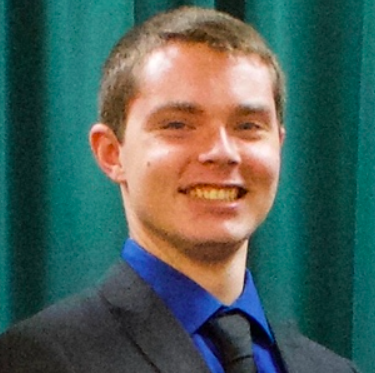3 steps to writing an outstanding autobiography that will help boost your application
You have been considering applying to LivingEd-Charlotte and you find yourself scanning through the list of requirements to complete your application.
Basic info? Check. Official transcripts? Check. Recommendations? Easy. Autobiographical essay? Wait…what? Oh no, not an essay!
The very name Autobiographical Essay has sort of a daunting effect. But don’t let it scare you, and certainly don’t let it be the reason you decide not to finish your application! Writing an essay may not be your favorite activity, but if you apply these three basic principles to your writing, you’ll find this task is a cinch! Also, you’ll have all the ingredients to please the admissions panel.
The following tips are written to aid students who are applying to our LivingEd-Charlotte program. All applicants are required to submit an autobiographical essay as part of their application.

1.) Be Focused
The first element the panel is looking for is how completely you answered the prompt. There are four content elements that need to be included. Be sure to carefully answer each issue. Since there is a length requirement of 3-5 double-spaced pages it is necessary to get to the point and not become too wordy. The panel is looking for complete answers with relevant detail – enough to give some context, not too much to hold interest.
2.) Be Professional
These days, many students fall into the trap of casual writing. Writing about yourself means writing the way you speak, right? Nope. It means presenting who you are in an academic context. So, use a clear, easy-to-follow format, full sentences, proper grammar, and suitable vocabulary. Certainly your personality can, and should, come through when you write an essay about yourself, but it’s good to always keep in mind your audience which in this case is the admissions panel for a 9-month educational program. Sure, the panel wants to get a better sense of who you are by the time they finish reading your essay, so let them be left with a sense of your skillful attention to your use of words.
Quick Tip: Read, read, and re-read through your essay before you submit! Small, unchecked errors show a lack of consideration for detail on the part of the writer. You want to be sure that it is you who catches all the little spelling and grammar errors in your writing, not the guy reviewing your completed application.
3.) Be Real

In other words, be honest about who you are. While you want to present a polished essay, it’s okay to allow your personality to come through in your writing! Remember, the panel wants to get to know YOU! They want to learn what you are about, what some of your goals are, who you look up to, and why you want to come to Charlotte to spend nine months with a bunch of young people to learn about God’s way. While this is not the place to get super personal, you can certainly allow your own charm and unique characteristics to be evident in how you present yourself.
So that’s it! Be focused, professional, and real! If you think about these principles as you prepare your autobiography, you’ll be that much closer to stepping on-campus as an official member of the LivingEd-Charlotte family. So what are you waiting for? Let’s get writing!
Ready to begin your application? Begin Here!









